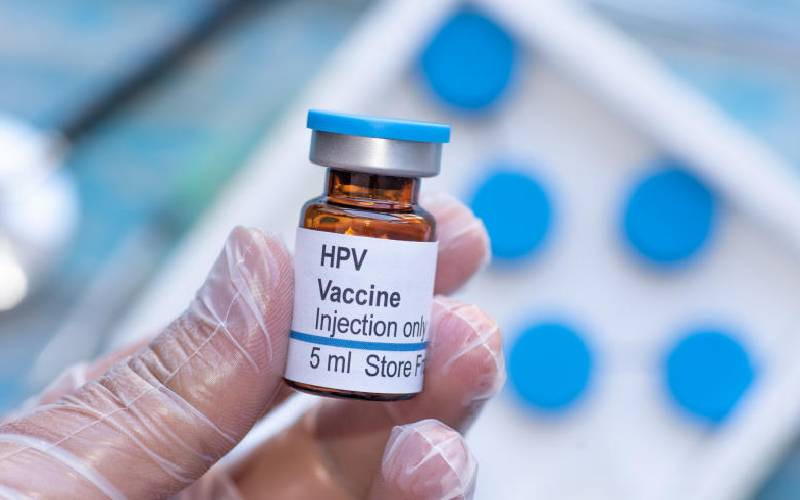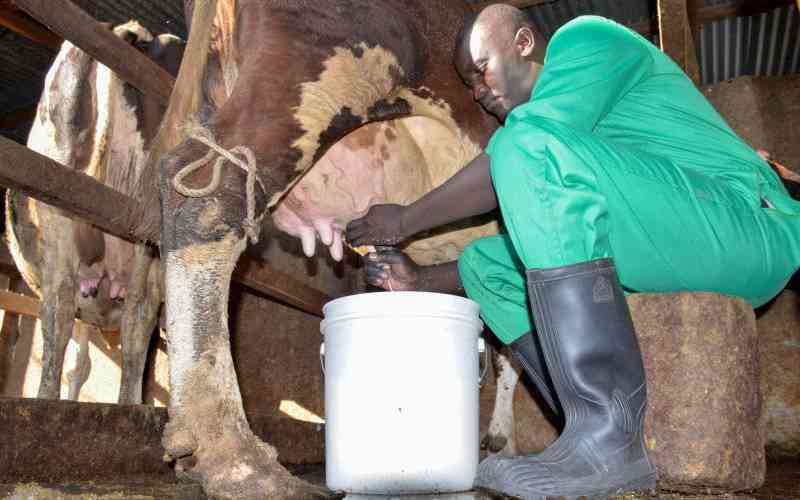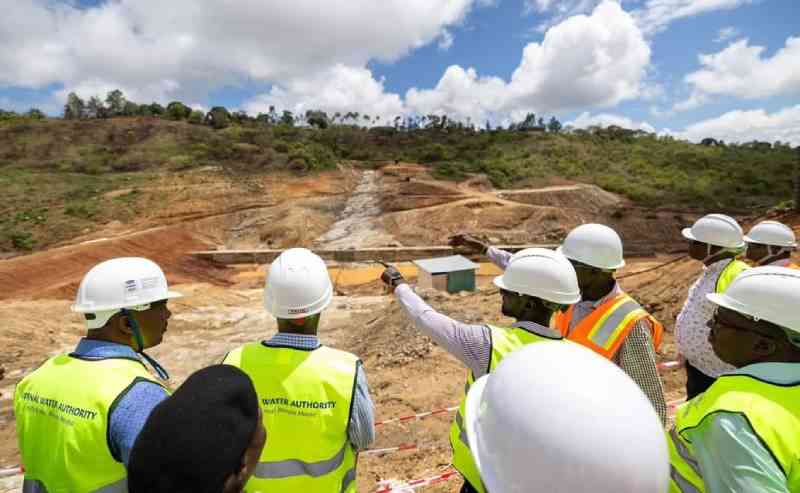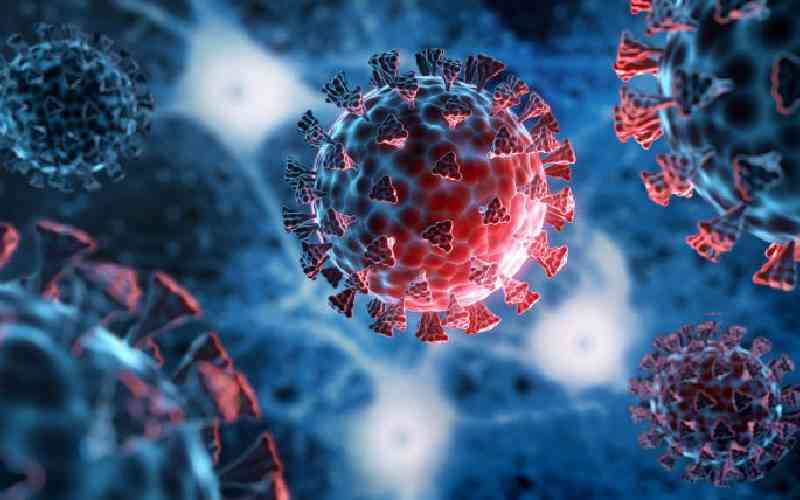
With continuous growth in the world’s population, pandemics have been a companion. Some of the deadliest pandemics in history claimed millions of people. Throughout the 17th and 18th centuries, a series of plagues continuously ravaged cities across Europe.
Most of these pandemics have had no vaccines, hence the control effort was limited mainly to non-pharmaceutical interventions such as the ones currently employed across the globe (isolation, social distancing and improved hygiene) in the fight against the novel coronavirus.
Governments and other players across various countries have taken steps in the fight against the coronavirus. At the Kenya Institute of Supplies Management, we acknowledge steps taken by the Kenyan government so far, supported by various partners, in combating the virus.
The formation of the National Emergency Response Committee (NERC) has come in handy in this fight. We can only halt the outbreak using the Ministry of Health guidelines and ensuring rapid diagnosis, quick isolation of infected cases, mandatory quarantine, expansive contact-tracing and safe burial for those who succumb.
The ministry has made great efforts and almost succeeded in sensitising the public on the need to frequently wash their hands with soap, sanitise the environment, keep social distance, wear masks and stay at home.
There is also positive development in the manufacturing sub-sector towards boosting the availability of some of the key tools and equipment in the fight against the pandemic.
A big thumbs up to Kenyatta University students for their initiative in making ventilators to assist in this fight and the Kitui County Textile Centre that transformed into a surgical mask assembly overnight.
Despite all that, and considering that the transmission is slowly finding its way to the counties with an increase in the number of infections, inter-counties lockdown is desirable to disrupt the transmission chain.
That notwithstanding, Kenyans still have a reason to worry considering the notable challenges in this fight so far, like enforcement of the curfew, ensuring compliance with quarantine conditions, management of donations, availability of affordable face masks, hand sanitisers and adequate equipment for county hospitals.
As we prepare for any eventualities and hope for the best in the fight against Covid-19, there is a strong conviction that supply chain should have been listed as one of the essential services.
There is a great need of roping in supply chain experts in the strategy committees to support the actualisation of the purpose of the multi-agency team formed by President Uhuru Kenyatta and optimise on the support coming from other parties.
Supply chain capacity is vital in fighting this deadly virus — strategic input from the team will ensure quick response on procurement of ventilators, personal protective equipment and quarantine facilities. It will also aid the management of basics such as food and sanitary supplies for those in the informal or unstructured employment engagements and the vulnerable groups.
In addition, the basic needs of those in isolation centres and mandatory quarantine facilities have to be taken care of, hence the need for continuous procurement of foodstuff, personal effects, medical supplies and management of logistics to support of them.
In the event of a total lockdown, the stakes are even higher in terms of logistics and supply chain needs and capacity. In such situations, the supply chain experts need to help in streamlining SCM strategies like adapting supplier collaboration processes for the supplies, cultivating close supplier relationships, negotiating terms in the midst of increasing demand throughout the duration of the pandemic and supporting smooth coordination and flow of requirements from various points to the designated locations and recipients.
Stay informed. Subscribe to our newsletter
After successfully securing the short-term supply lines, the supply chain experts should establish an ongoing supply chain for goods and equipment to cater for emerging needs, considering the fact that the virus still does not have a vaccine nor treatment and chances of recurrence in any case we overcome it are eminent.
A perfect example is China that lifted the lockdown, but is still registering some cases, not forgetting that the Democratic Republic of Congo recently lost a person to Ebola.
These are just some of the reasons why we should have a continuous supply chain that calls for strong supplier relationship management strategies.
To reiterate the criticality of supply chain management, being a multisectoral issue, it affects the transportation, ICT, food and agriculture and water sectors, not to forget sanitisation and waste disposal.
-Dr Apopa Vincensia (PhD) is a council member of the Kenya Institute of Supplies Management
 The Standard Group Plc is a
multi-media organization with investments in media platforms spanning newspaper
print operations, television, radio broadcasting, digital and online services. The
Standard Group is recognized as a leading multi-media house in Kenya with a key
influence in matters of national and international interest.
The Standard Group Plc is a
multi-media organization with investments in media platforms spanning newspaper
print operations, television, radio broadcasting, digital and online services. The
Standard Group is recognized as a leading multi-media house in Kenya with a key
influence in matters of national and international interest.
 The Standard Group Plc is a
multi-media organization with investments in media platforms spanning newspaper
print operations, television, radio broadcasting, digital and online services. The
Standard Group is recognized as a leading multi-media house in Kenya with a key
influence in matters of national and international interest.
The Standard Group Plc is a
multi-media organization with investments in media platforms spanning newspaper
print operations, television, radio broadcasting, digital and online services. The
Standard Group is recognized as a leading multi-media house in Kenya with a key
influence in matters of national and international interest.










